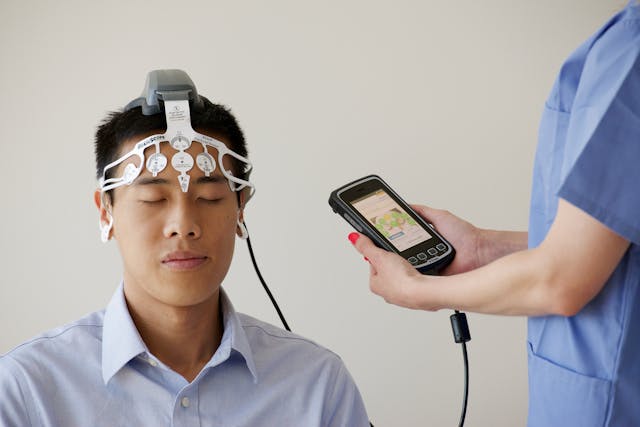New York: A University of Texas at Arlington electrical engineering researcher is creating a portable, wearable device for rapid gas analysis that could detect illness immediately.
Yuze “Alice” Sun, an associate professor in the Department of Electrical Engineering, said the device will play an important role in health care, industrial and workplace safety, environmental monitoring and defense and national security sectors.
Advancements in micro-gas chromatography in the past 20 years have demonstrated great potential for the development of powerful portable gas analysis devices. But it remains a challenge to achieve efficient separation and rapid detection for effective gas analysis in a highly integrated and cost-effective platform, as well as in a mobile device.
Sun said her project will create technology to transform a powerful gas analysis instrument traditionally used in research labs into portable and wearable devices that are easily accepted and accessible by the public.
“The key to the project is system-level integration, including creating new micro-gas chromatography architecture and using photonic integrated circuits to achieve rapid and comprehensive volatile organic compounds gas analysis,” Sun said.
The vast applications could propel the device to the marketplace more quickly. She said homeowners could use the device to monitor the air quality in their home and determine if certain allergens were present. Firefighters might employ the device to determine whether accelerants were present at a fire. And homeland security agents could use the device to determine if explosives or toxic substances were present in luggage or on a person.
In health care, the device could analyze a person’s breath samples to find chemical markers that are specifically linked to infections, cancers and other health conditions. In turn, that could lead to a convenient and rapid health screening and monitoring tool to be used at home.
“Not only does the project have the potential of improving our lives, but it could take up so much less space than current chromatography analysis machines,” said Diane Huffaker, chair and professor of electrical engineering. “This could save an enormous amount of testing time, too.”
- eurekalert






